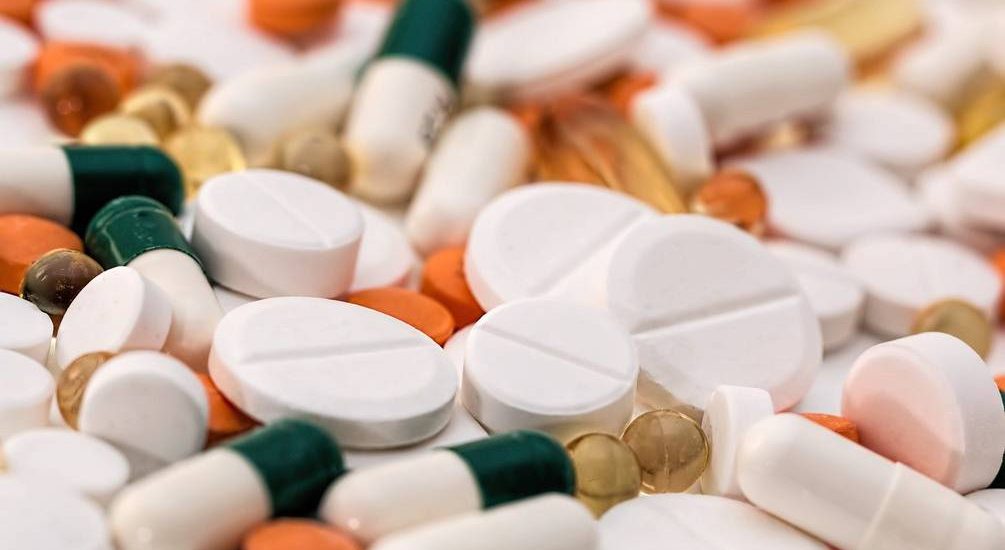- March 16, 2021
- Posted by: medium
- Category: International

The conclusions of the scientific study reveal the protection that acetylsalicylic acid provides to prevent the spread of coronavirus.
Denials and assertions regarding the proper functioning of acetylsalicylic acid, commonly called aspirin, have been part of debates and adverse opinions from health professionals. Now, according to new Israeli scientific research, it would be proven that there is a lower probability of COVID-19 infection.
It is unknown exactly how this over-the-counter pain reliever in some parts of the world would prevent coronavirus infection, but the authors believe its antiviral properties come from the ability to change the way the immune system supports the pathogen.
The study findings carried out to 10,000 people by Israeli researchers from Leumit Health Services, Bar-Ilan University and Barzilai Medical Center were published last month in the scientific journal The FEBS Journal.
Experts tested volunteers for COVID-19 between February and June 2020 and revealed that one aspirin tablet (75 mg) per dayled to a 29 percent lower risk of contracting the virus.“This observation of the possible beneficial effect of low doses of aspirin on COVID-19 infection is preliminary, but seems very promising,” said research leader Professor Eli Magen from the Barzilai Medical Center.
/cloudfront-us-east-1.images.arcpublishing.com/eluniverso/72BXDVP3TZBQ3LV3NY5U37DKEU.jpg)
According to the data collected,73 people who tested positivewere taking aspirin, which representsone in nineof all positive cases registered. However,16 percentof people (about one in six) who tested negativeThey were taking aspirin.The risk reduction from one to the other is more than a quarter (29 percent).
It should be emphasized thatpeople taking aspirin were 14 years older; They were overweight but not obese, unlike the group that did not take aspirin;and were more likely to have diabetes, high blood pressure, and COPD. The researchers also found that while people who take aspirin are less likely to get the coronavirus, they are alsoThey recover faster if they contract the virus.
The analgesic would contain antiviral properties; when the body detects a viral infection, it produces interferon I (IFN) which controls the cellular response to the invader. However, RNA viruses like SARS-CoV-2, which causes COVID-19, escape recognition by evading IFN.
The virus does this by forcing the body to produce more of a chemical called prostaglandin E2 (PGE2) that inhibits IFN and also causes the destruction of some white blood cells.

